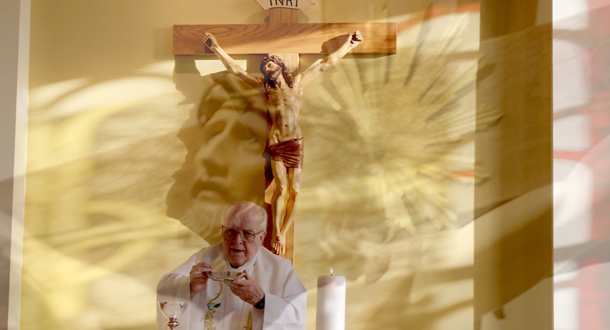 Scripture:
Scripture:
Acts 10:25-26, 34-35, 44-48
1 John 4:7-10
John 15:9-17
Reflection:
Peter and the “circumcised believers” didn’t get it. They went to Cornelius’ house as the conveyors of faith whose job it was to teach a large group of people and then baptize those who asked for it. They were amazed when, before they opened their mouths, the Spirit rushed down upon those who had not obeyed the rules or jumped through the proper hoops. God acted independently of their protocols, and Peter admitted they had no choice but to baptize the people.
God’s love cannot be contained by our rules and expectations. We think we know how God loves, who God loves, and in what circumstances. But God throws all our human ideas out the window, showing no partiality and so often proving us wrong. As Jesus says, each of us is profoundly loved by God, not because we deserve it or earned it, but because God chooses to love so freely. The hard part: Jesus tells us to do likewise. In fact, he says that such love is his greatest command.
This is an incredible challenge in my daily life. I regularly encounter people who are difficult to love, who annoy me or who abide on a different ethical plane. And some of those people are in my own family, parish, and line of work. I am tempted to find ways to simply avoid them, or to judge and dismiss them. Yet I dare not, because in spite of our differences, they are God’s beloved.
On a wider scale (and each of us is responsible for our small part in the wider scale), we don’t love as God loves. Instead:
- We withhold baptism from a child whose parents desire it despite their outward “failure” to live their faith, or we deny communion to people desperately in need of that life-giving sustenance.
- We execute sinners, many of whom may be innocent, and call it “justice”.
- We turn our backs on the millions of children and families who go to bed hungry every day, slashing budgets of the organizations that work to alleviate their suffering.
- We refuse compassion and rights to migrants who face death or grinding poverty in their own country and seek to contribute to ours.
- And all the while, we thank God that we are not like “those people”.
Jesus’ clear command was to love as God loves us – generously, unconditionally, without reservation. I don’t know about you, but I’m not sure I’m ready to stand before the judgement seat and be held accountable in that way.
This month, then, I choose to do one thing personally and one thing on a wider scale. I choose one person I have a hard time loving, and I will concentrate on offering unreserved love, compassion, and forgiveness. I also choose one area on the wider scale, and I will do whatever I can to make a difference, however small. If I can follow that with another the next month and another the month after that, perhaps God will have the chance to open the eyes of my heart and expand my capacity to live up to the demands of Jesus’ final command – to love as God as loves me.
Amy Florian is a teacher and consultant working in Chicago. For many years she has partnered with the Passionists. Visit Amy’s website: http://www.corgenius.com/.

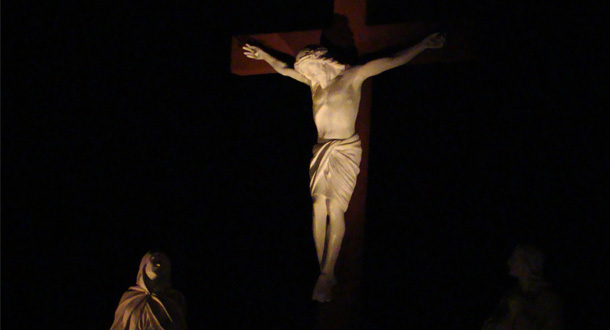 Scripture:
Scripture: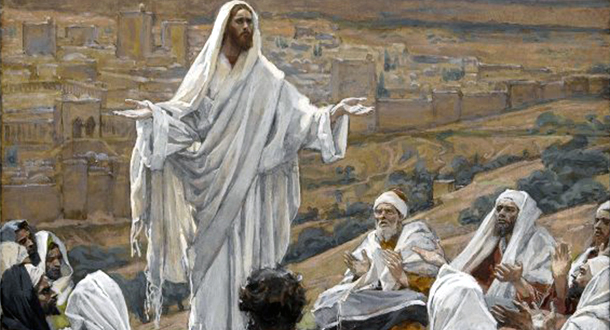 Scripture:
Scripture: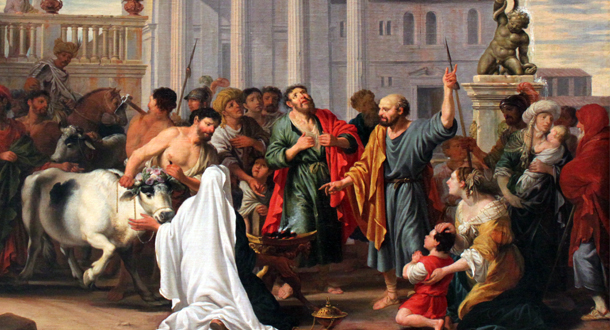 Scripture:
Scripture: Scripture:
Scripture: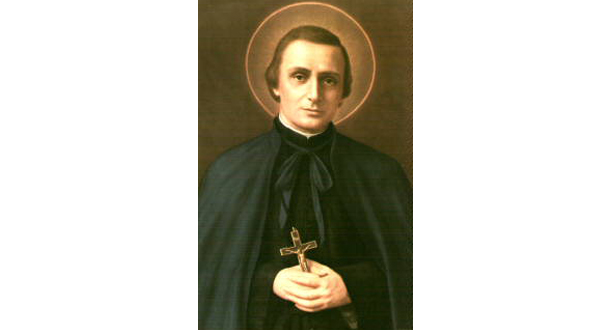 Scripture:
Scripture: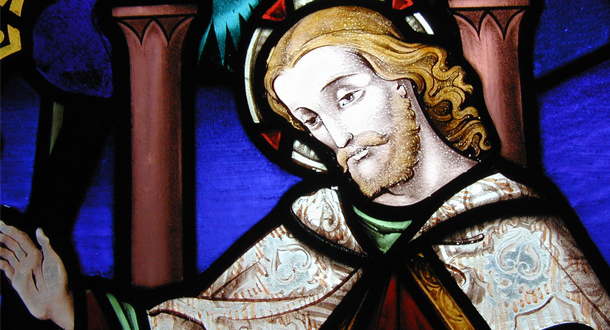 Scripture:
Scripture: